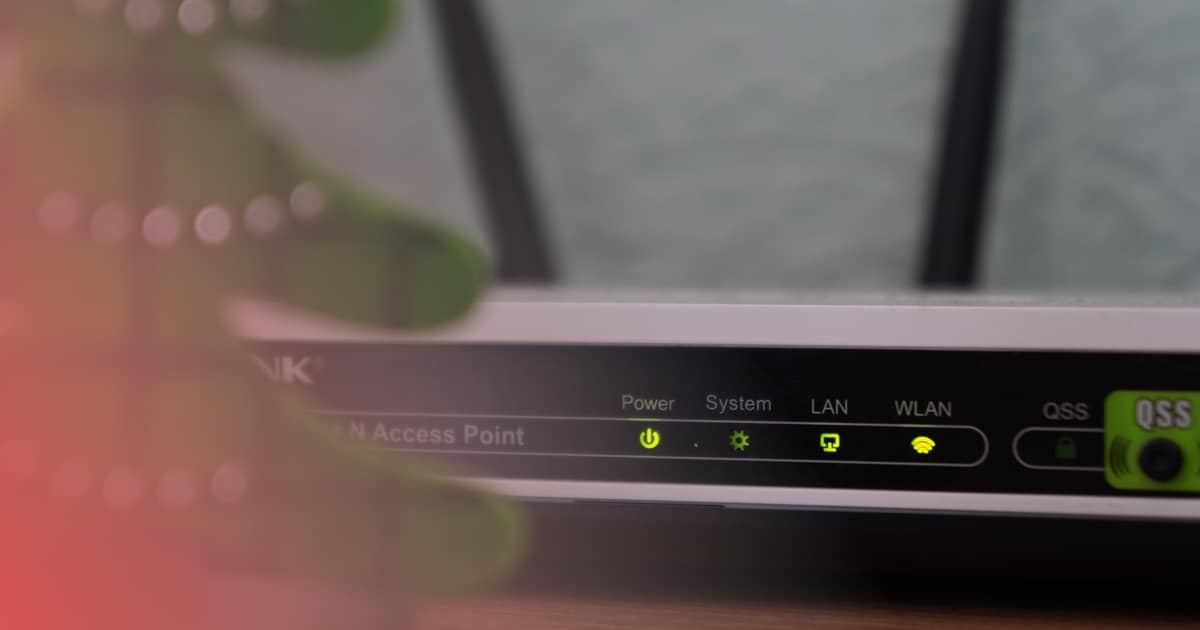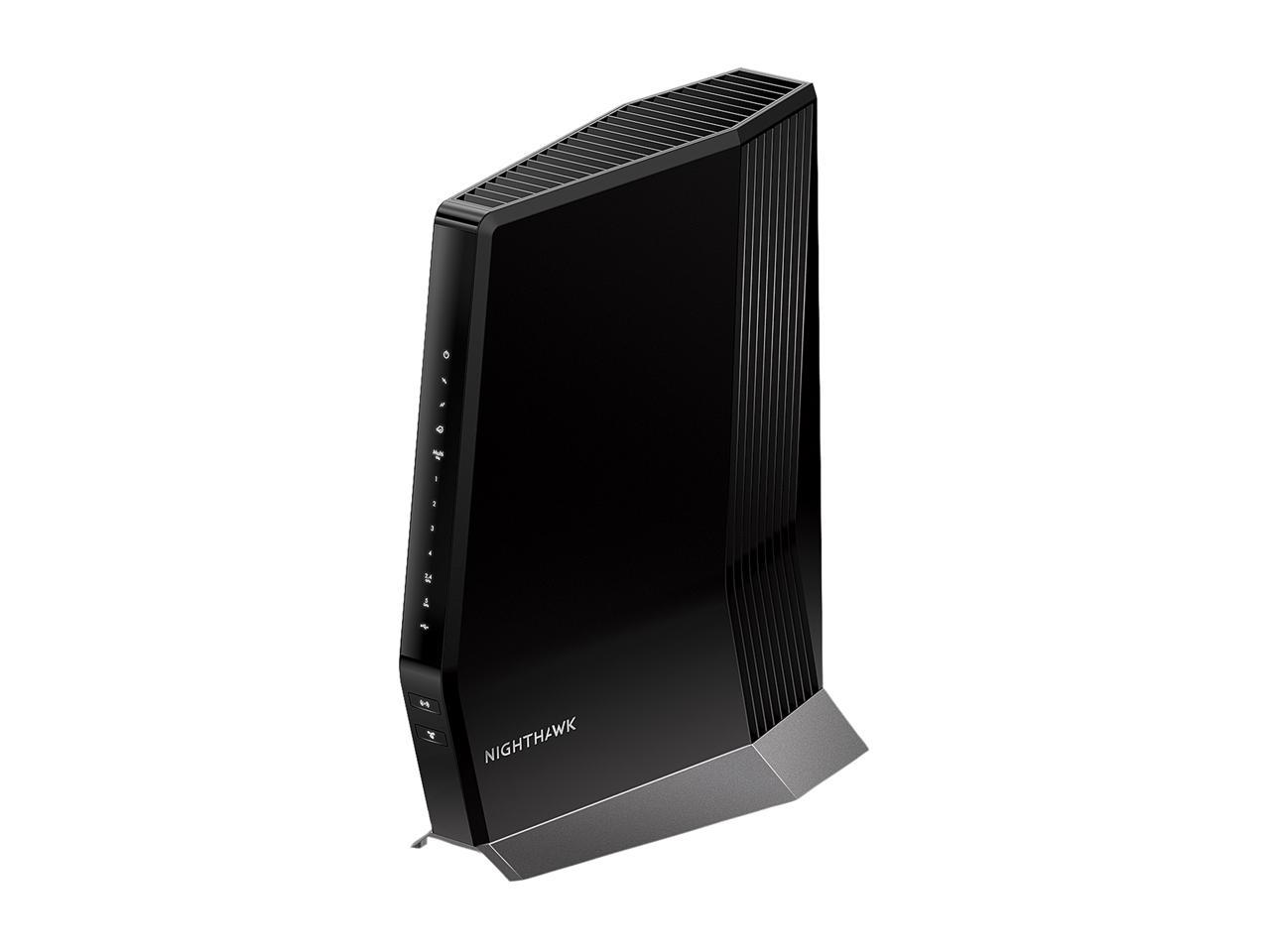
Those older units max out at the “802.11g” flavor of WiFi’s 54 megabits-per-second speed limit, barely above Fios’s 50 Mbps entry-level speed. What’s so bad about those old models? Verizon’s explanation cites faster WiFi on new hardware, which is true. That maintenance fee, starting in Verizon’s September or October billing cycles, is supposed to recoup the “higher call-in rate” tech support gets from customers with those models.

I asked about security of the Verizon Jet Pack versus Verizon’s USB Modem… (Both on the 4G Network. I live on the road, so that is why I want to get this.Īll interesting comments, but what about my original question? By contrast, the Jet Pack’s battery is only good for maybe 4 hours before it needs charging, which would be a drag for me… As far as power usage, one advantage of the USB Modem is that as long as my laptop has power, so does the USB Modem. Is it safe enough to manage a Web Server on the road? (Not that there really is any other choice for me?!) If you work from home, it would be more economical to subscribe to a broadband service (Cellular data traffic is expensive). These solutions are only for if you travel or if you work outside of the range of your home wireless access point (or wifi signal). The USB wireless modem will likely use less power. Also keep in mind the power requirements of each device, if that is a concern. The USB wireless modem can only service on device (also using the 3G/4G cellular network). For open wifi–well, it depends.Īs for jet pack vs USB wireless modem The jet pack device is a wireless access point that can service multiple devices (which uses the cellular 3G/4G network as your Internet connection). However, because it is costly for the equipment necessary to intercept and decrypt a 3G/4G signal, the barrier to entry is higher, thus less likely for a random someone to bother with it.Īs for open wireless access points, all you need is a freeware packet sniffer and you can pretty much see what everybody else connected to that access point is doing.Īs for speed–data transfers over a cellular network are somewhat slow. So, in that case, I wouldn’t be able to do things like listen to a radio show on this laptop while managing my web server on my new MacBook.)ģG/4G isn’t entirely secure–there are known weaknesses. And this could be a slight pain, since I am planning on buying a new MacBook to use exclusively for managing my web server. (If all of that is true, about the only downside I can see to going with the Wireless Modem, is that I’d only be able to use it with one computer at a time. So, in theory, all of my activity/communication over the wireless network would be secure. And so, my Laptop would be communicating with Verizon’s Wireless Towers entirely over an encrypted connection. With a Jet Pack, while Verizon says the communication between my Laptop and their Jet Pack is encrypted, I believe it can be broken into via a “Man-In-The-Middle” attack?īy contrast, by going with their Wireless Modem, it would be “hard-wired” with my Laptop via the USB port.

Now what my question deals with is whether I should go with a “Jet Pack” or “Wireless Modem”?Īgain, here is my understanding of how things work… However, by buying a wireless plan with someone like Verizon, all communications between either the Jet Pack or Wireless Modem and Verizon’s Wireless Towers would be encrypted, and therefore - in theory - totally safe, right? Panera, Denny’s, McDonalds), basically everything I type can be seen by bad guys, right? (Does that include Log-In Credentials too?)
#Modem vs router verizon free#
When I use a free wireless connection (e.g. Here is my understanding of how Wireless works… How does the security of Verizon’s “JetPack” compare to a regular Wireless Modem? (Just a “Data Plan” and non of that silly Cell-Phone stuff…) I am thinking of finally breaking down and getting my 1st-ever wireless plan.


 0 kommentar(er)
0 kommentar(er)
